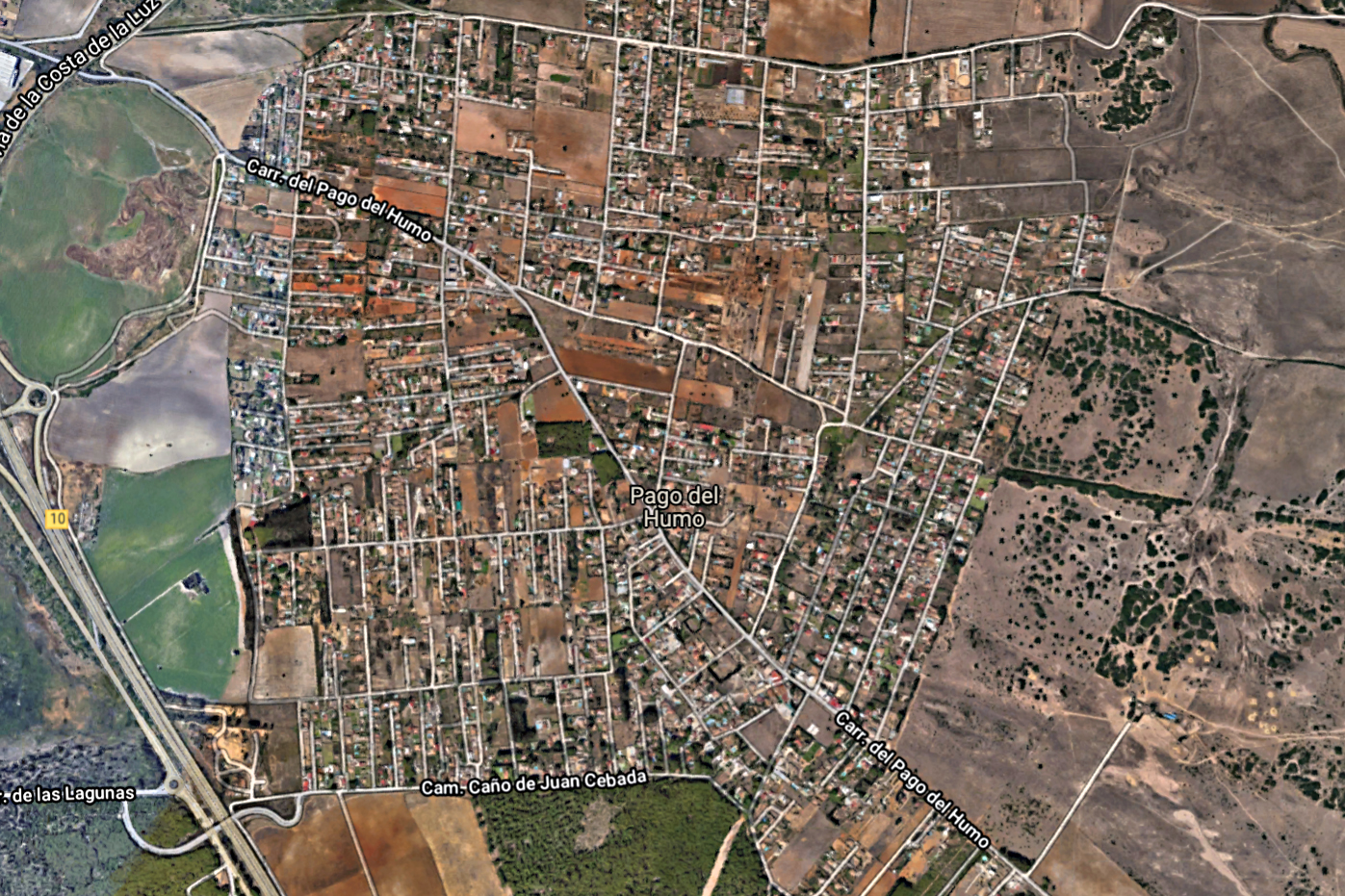Last Wednesday 8 September, the Chamber for Contentious Administrative Proceedings of the Supreme Court finally announced its decision declaring the Plan General de Ordenación Urbana (PGOU) town plan for Chiclana null and void, a plan that was given final approval in 2016. The reasons for this annulment are mainly down to formalities. The main error committed (among many) was that the Strategic Environmental Assessment document was not processed on time. This is the preliminary stage of the draft plan, and was processed just before the approval stage, which contravenes the administrative procedure prescribed by law, resulting in the annulment of the entire plan.
The news of this annulment has caused a stir and much uncertainty among the Chiclana foreign community. We have been approached by many clients asking about the situation of theirhomes following this decision. We hope that this short article helps to answer any questions about the legal situation of your homes.
In the same way as the annulment of the previous version of the plan in 2011, once the ruling has been published in the BOJA (official bulletin of the Junta de Andalucía), the 1987 normas subsidiarias (special planning conditions) will enter into force. This is a document that is over thirty years oldand thatlimits urban areas to the centre of Chiclana and surrounding area, and to housing developments next to the beach, such as “Los Gallos”, “La Barrosa” and “Novo Sancti Petri”. This will mean that areas such as “Pago del Humo”, “El Marquesado”, “La Rana Verde”, “Hozanejos”, “Campano”, “El Llano de las Maravillas”, “Las Veguetas”, “Pago Melilla” and others will be go from being classified as “suelo urbanono consolidado” (unconsolidated urban land) or “suelo urbanizable” (land suitable for building) -these were the areas that would be urbanised at some point in the future – to being classified as “no urbanizable” (not suitable for building), where there are zero plans to develop the land. This is normal, because more than 30 years ago some of the urban areas mentioned above either did not exist or consisted of a few individual houses used for farming purposes.
Clearly, a Plan General dating from 1987 is no longer relevant to regulate urban planning in Chiclana in 2021. Therefore, in the same way as following the annulment in 2011, the procedure to approve a series of brief rules that regulate the situation temporarily will now commence. These rules, called normas sustantivas, should receive approval from the Junta de Andalucía within approximately oneyear, and will remain in force for three years.During this three-year period, the Council must follow the procedure to approve the next Plan General de Ordenación Urbana de Chiclana, which will receive final approval sometime around 2025. In the meantime, the urban planning regulations in force at any given time will be the following:
1)Firstly, and for around one year, the normas subsidiarias. During this time, most of the land in the aforementioned areas will be classified “no urbanizable”. While these rules are in force, the possibility of declaring the land in these areas “asimilado a fuera de ordenación” (or AFO) could be explored. This classification would not allow houses built without a licence to be legalised, but it would imply an official declaration by the government that the legal action to demolish those houses has expired, rendering them safe from demolitionand entitling them to basic supplies such as electricity and water for those houses connected to the grid. This would be in accordance withDecree 3/2019, 24 September, containing urgent measures for the environment and territorial adaptation of irregular houses in Andalusia, to which Chiclana Council has generally objected in the past, arguing that those areas, due to being on land that is urbano no consolidado or urbanizable should be regularised under the plan and not under this decree that in their opinion only applied to houses on land that is no urbanizable.
Although the undersigned lawyer highly doubts that this situation will put an end to the Council’s refusal to grant AFO status in the past (always with a different excuse), in recent statements the Mayor has expressed that this is a new opportunity to start applying the aforementioned Decree and granting AFO status to houses. This is very welcome news, which owners need to investigate further as it would considerably improve the legal situation of their houses and provide legal certainty to those granted this official status, increasing their chances of a sale when the time comes.
2)Normas Sustantivas: Once these are approved, they will remain in force for a maximum ofthreeyears. During this three-year period the new plan will be drafted and processed. Once these rules have entered into force, the normas subsidiariaswill be suspended. These normas sustantivas will establish basic and temporary urban planning regulations for each area of Chiclana. Any areas that under the normassubsidiarias could be classified as no urbanizable or urbanizable can be re-classified as urbano no consolidado, due to the level of urban development of the land. Any areas that were urbano no consolidado under the annulled plan will usually be classified as such again thanks to the normas sustantivas.
3)Once the new plan is approved, which will probably happen after 2025, it will be the legislation that governs urban planning in Chiclana. It will be a standard plan containingthe necessary specificationsand instruments to guarantee proper urban planning in Chiclana. Because the previous plan was annulled mainly due to mere formalities, the contents of the new plan will probably be very similar to the old plan to avoid generating more legal uncertainty.
To conclude, it is worth mentioning that Chiclana de la Frontera is experiencing a completely atypical situation due to the annulment of four versions of the Plan General de Ordenación Urbana that have been approved since 2003, mainly due to formalities, as we mentioned earlier. As a result, technical and legal experts and citizens have argued that any flaw or error that affects a specific part of the planshould not result in the entire plan being annulled, only the section in question. They point out that this total annulment requires a whole new plan to be designed, with the vast amounts of public money, effort and time that this involves. Consequently, and to streamline the process of drafting, approving and implementing new plans, the Andalusian Parliament is creating the LISTA – Ley de Impulso para la Sostenibilidad del Territorio de Andalucía(law to promote sustainable development in Andalusia). Hopefully this new law will help to put an end to the “legal decay” that has afflicted Chiclana’s planning laws for decades, and allow quick approvalof a new plan that is finally capable of sorting out the urban planning chaos that has developed over decades.

Pago del Humo. Chiclana de la Frontera
Additional information. Article footer
Juan Antonio Rodríguez García, Partner, TempleCambria Lawyers
+34 617073669 info@templecambria.com
Please note that any information provided through TempleCAMBRIA’s blogs, website or social media pages is for informational purposes only and should not be used as the basis for making any particular decisions. Please remember that legislation and case law can change over time and the articles published through this medium may not be up-to-date, which is why we recommend you seek individual specialist advice. TempleCAMBRIA law firmprovides legal services to international clients who have become enamoured with the Costa de la Luz. Our job is to ensure that their decision to settle down or set up business here is a successful one, and that their time here becomes the best experience of their lives.
